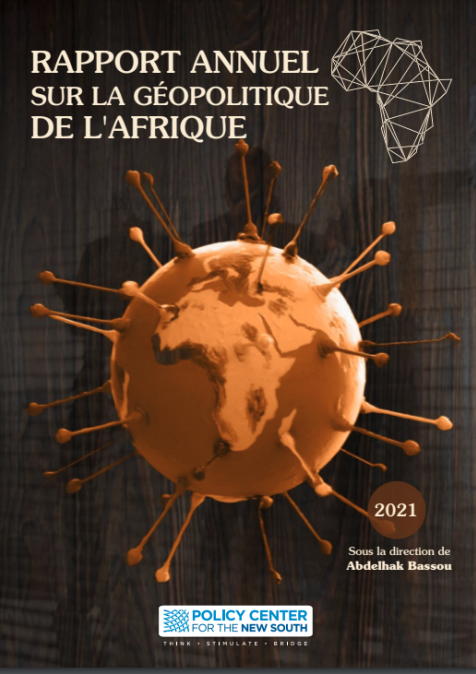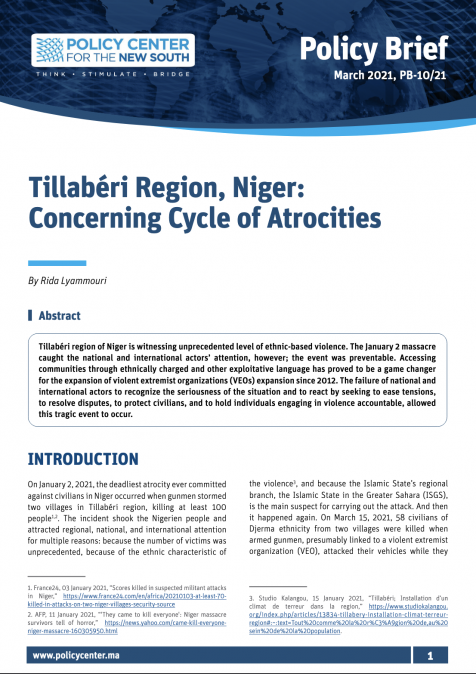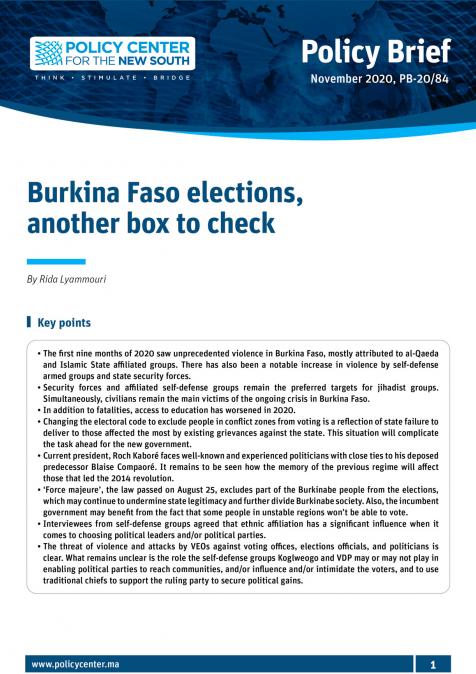APSACO 9th Edition - Owning the Story: Africa’s Strategic Agency in the Geopolitics of Ideas
Narratives are not neutral, they shape how power, legitimacy, and agency are distributed in international relations. For decades, Africa has been subject to external framings that have often constrained its diplomatic and intellectual space. In an era marked by contested global norms and ideological pluralism, can Africa move from being narrated to narrating? What tools, institutions, and strategies are available to assert a sovereign and credible African voice in global affairs? This panel will examine Africa’s capacity to shape geopolitical narratives by reinforcing its epistemic sovereignty and reclaiming its space in international discursive arenas. It will explore how think tanks, academic institutions, diplomatic actors, and civil society contribute to building African perspectives capable of influencing global debates, from multilateral governance to peace and development. The discussion will also assess the barriers that continue to marginalize African voices, and the conditions under which the continent can consolidate narrative influence as a form of strategic power.






